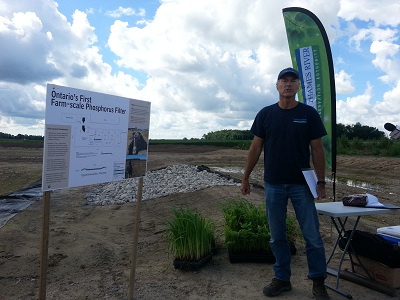
The UTRCA & Hoenhorst Farm in Innerkip are building experimental farm-scale phosphorus filter
INNERKIP – An Innerkip dairy farm is the site of an experiment that promises to improve water quality in the Upper Thames watershed.
Hoenhorst Dairy Farms and the Upper Thames River Conservation Authority are building a farm-scale version of a filter developed by Dr. Will Robertson at the University of Waterloo.
The system removes phosphorus from surface water runoff contaminated by the farm's feed bunker silos using a man-made wetland and water filter made of steel slag. The reactive material is a byproduct of steel production and was donated to the project by US Steel Canada Lake Erie Works.
"[The filter] will remove a lot of the nutrients that are in the bunker silo runoff and take it into the plant material or treat it through the Phosphex Filter, so at the end of the day, the water will be cleaner coming off this property," said Craig Merkley, with the Upper Thames River Conservation Authority's conservation services unit.
"It's an experiment, but it's also a demonstration," he said.
Phosphorus is a nutrient. With the appropriate conditions, phosphorus in waterways can trigger algae blooms, like the ones found in the Pittock Resevoir and Lake Erie.
"We're getting some funding from a couple of different sources. The Ministy of the Environment has put some money in through the Showcasing Water Innovation Project to try and encourage projects like this that will improve our local water quality," Merkley said.
Merkley said the project has a budget of about $17,000 and the filter spans about two- and a-half acres of land on the Hoenhorst property.
"At about $20,000 dollars an acre, that's about $50,000 worth of land being taken out of production," he said.
"There is certainly a significant investment on the land-owners side into the system."
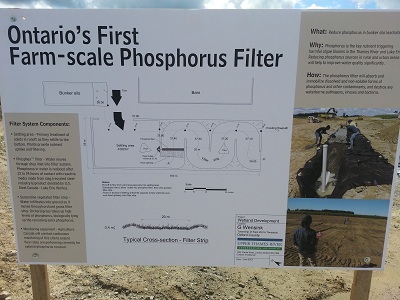



 Christmas Lights Stolen in Ingersoll
Christmas Lights Stolen in Ingersoll
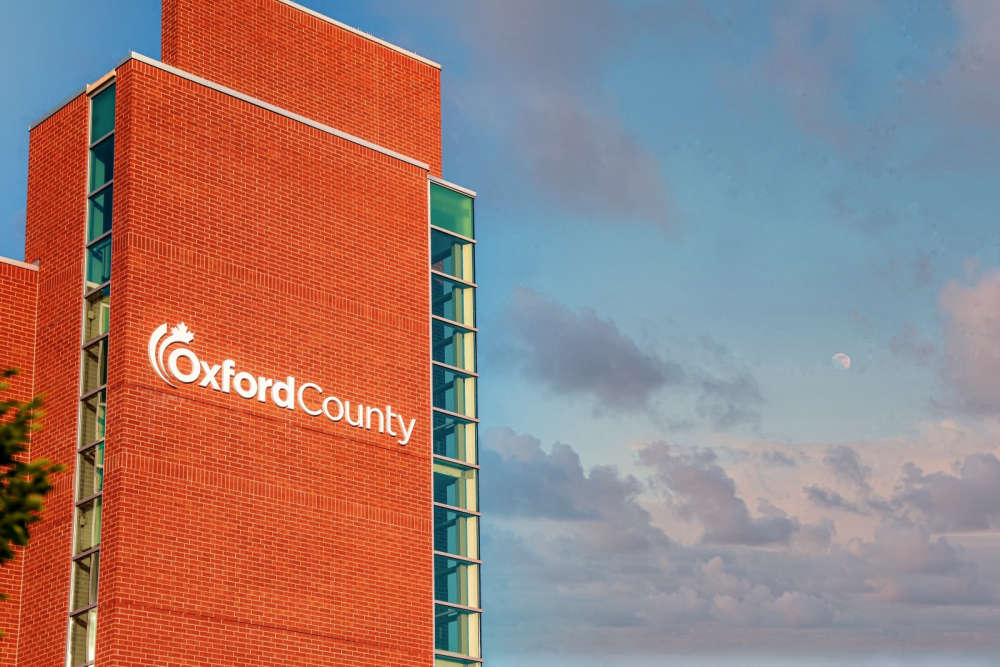 UPDATE: Cyber Security Experts Investigating Oxford Incident
UPDATE: Cyber Security Experts Investigating Oxford Incident
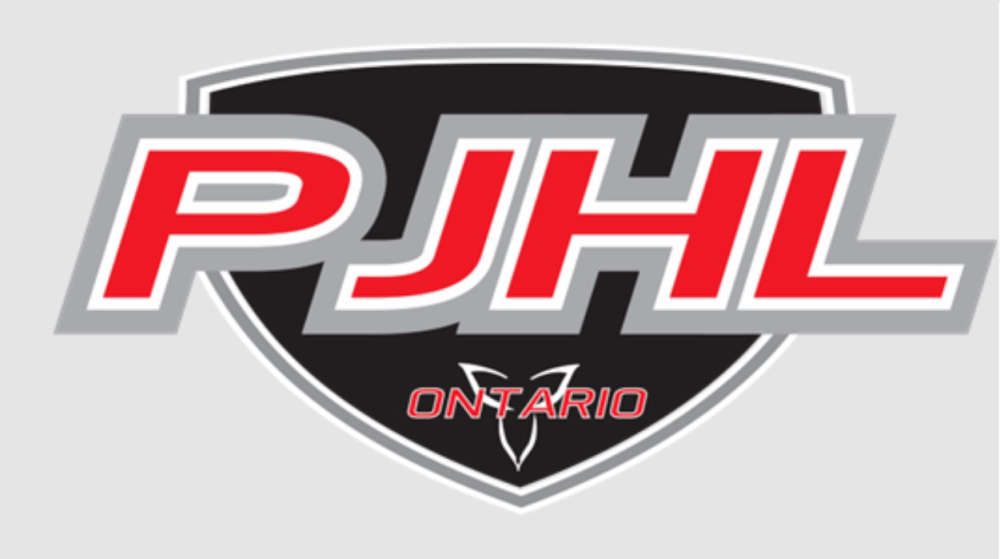 PJHL Preview - Dec. 12th to Dec. 14th
PJHL Preview - Dec. 12th to Dec. 14th
 Tour of Lights Begins this Weekend
Tour of Lights Begins this Weekend
 Drunk Drivers Charged in Woodstock
Drunk Drivers Charged in Woodstock
 Week Three Results for Festive RIDE Campaign
Week Three Results for Festive RIDE Campaign
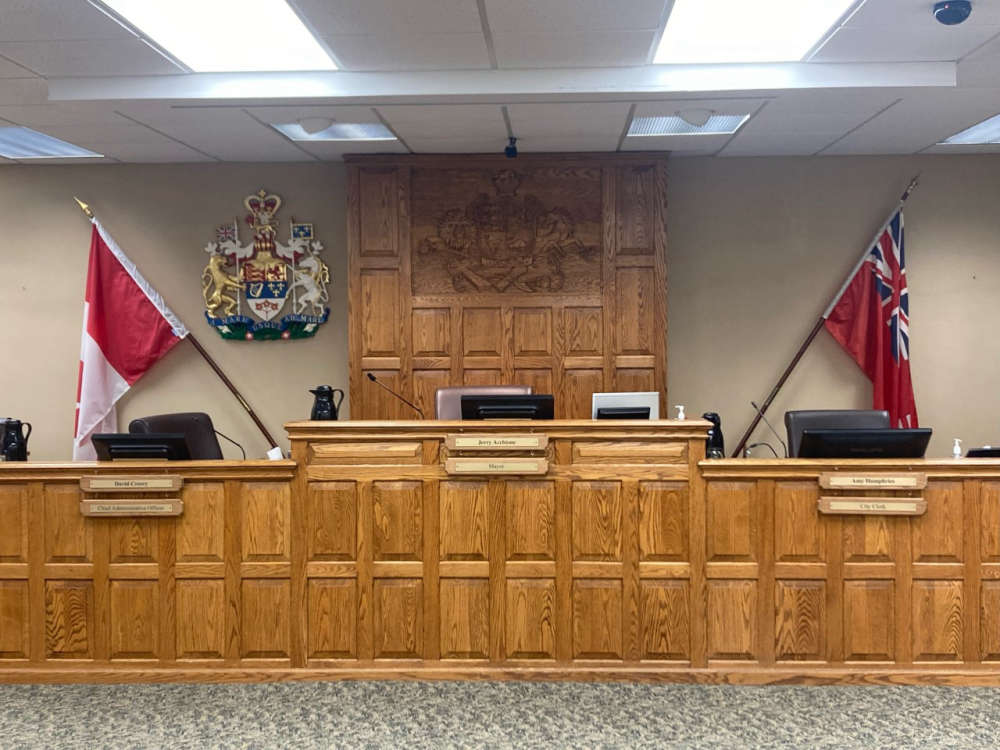 Woodstock Passes 2026 Capital Budget
Woodstock Passes 2026 Capital Budget
 WFD Respond to Two Fires in the City
WFD Respond to Two Fires in the City
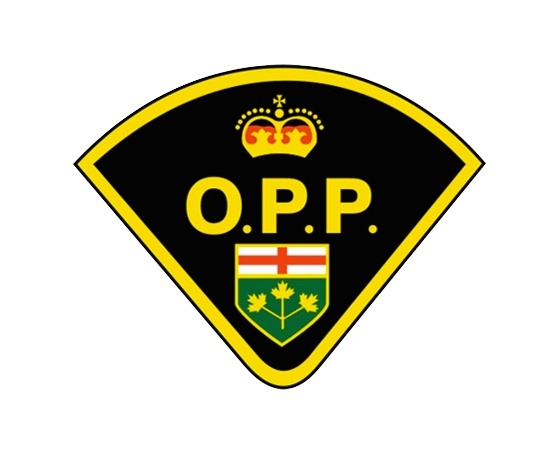 An Impaired Driver was Caught in EZT
An Impaired Driver was Caught in EZT
 Oxford OPP Investigating Serious Collision
Oxford OPP Investigating Serious Collision
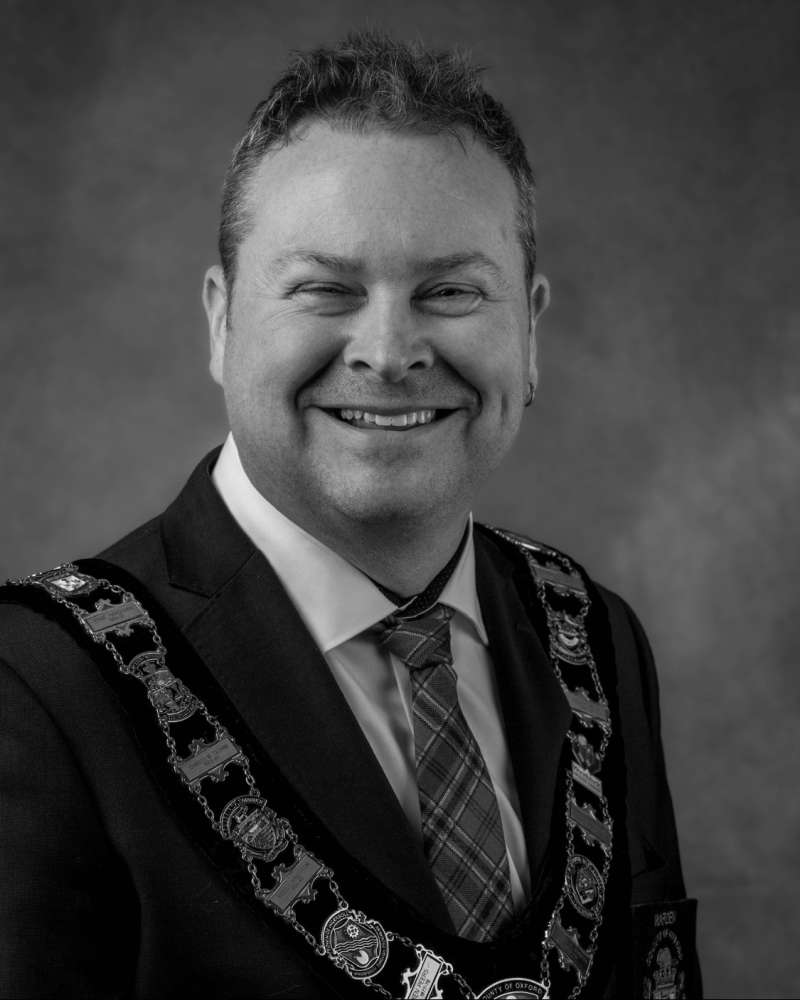 Interview with the Warden - December 11th, 2025
Interview with the Warden - December 11th, 2025
 SWOX Christmas Lights Contest Returns!
SWOX Christmas Lights Contest Returns!
 Ingersoll Choral Society Presents: Christmas Bells
Ingersoll Choral Society Presents: Christmas Bells
 UPDATE: Snow Squalls Hit Oxford
UPDATE: Snow Squalls Hit Oxford
 UPDATE: OPP Officers Released from Hospital
UPDATE: OPP Officers Released from Hospital
 R.O.P.E. Squad Searching for Suspect
R.O.P.E. Squad Searching for Suspect
 Police Investigating Highway 401 Crash
Police Investigating Highway 401 Crash
 Oxford Hires Director of Financial Services
Oxford Hires Director of Financial Services
 UPDATE: Air Transat Avoids Pilot Strike
UPDATE: Air Transat Avoids Pilot Strike
 Safe Community Project Zero Comes to SWOX
Safe Community Project Zero Comes to SWOX



Comments
Add a comment